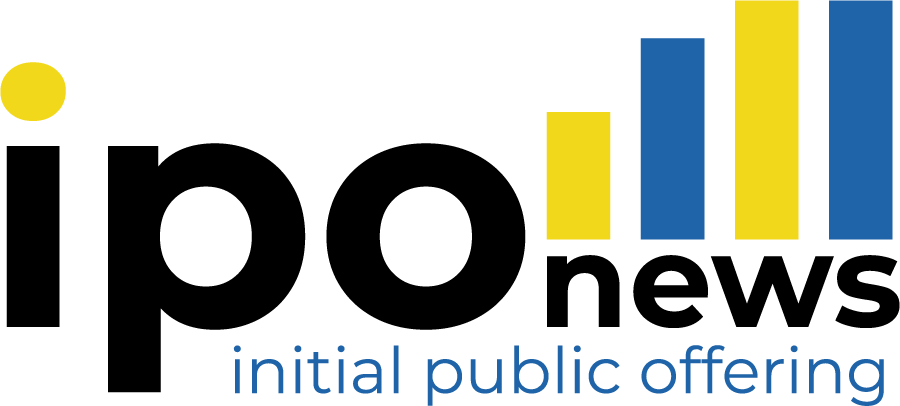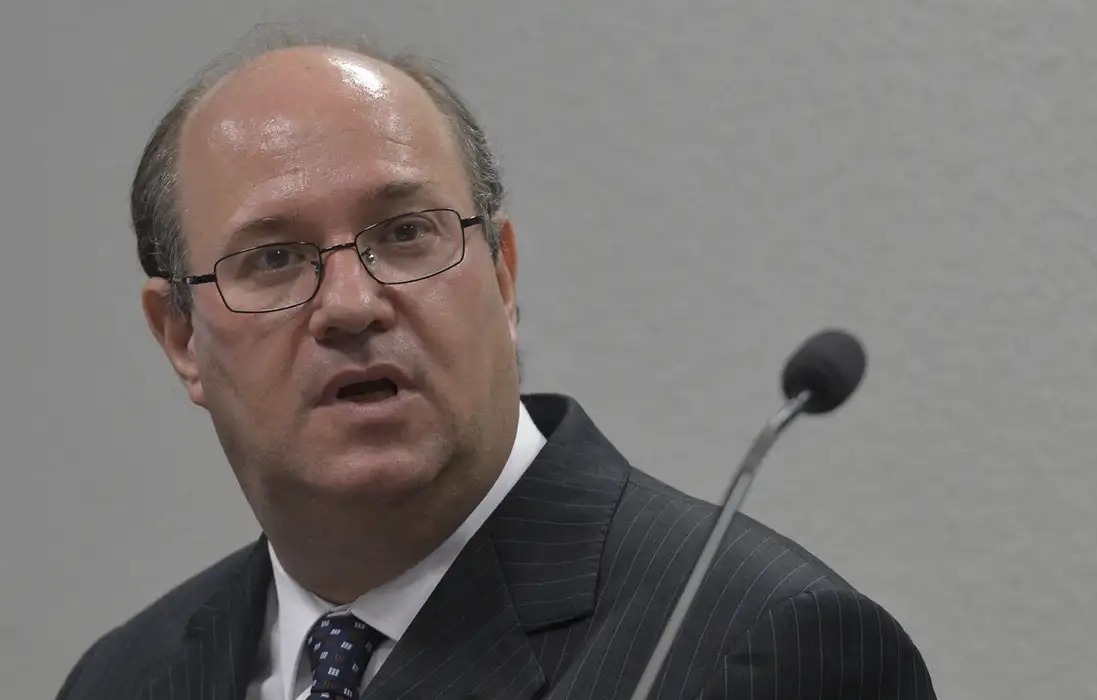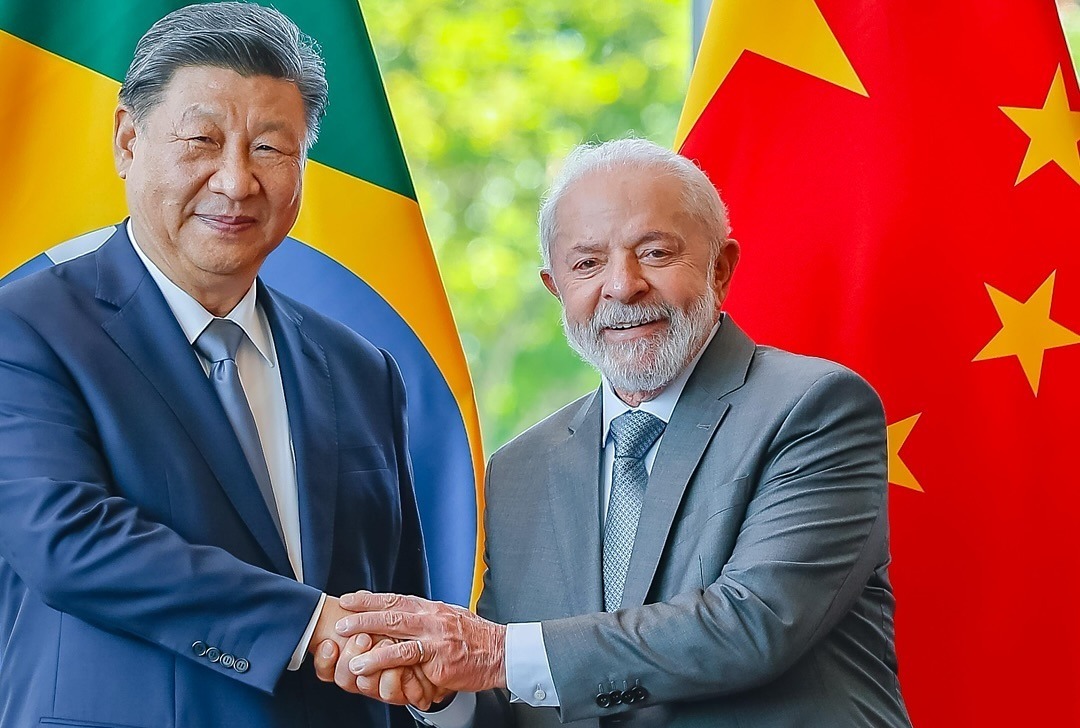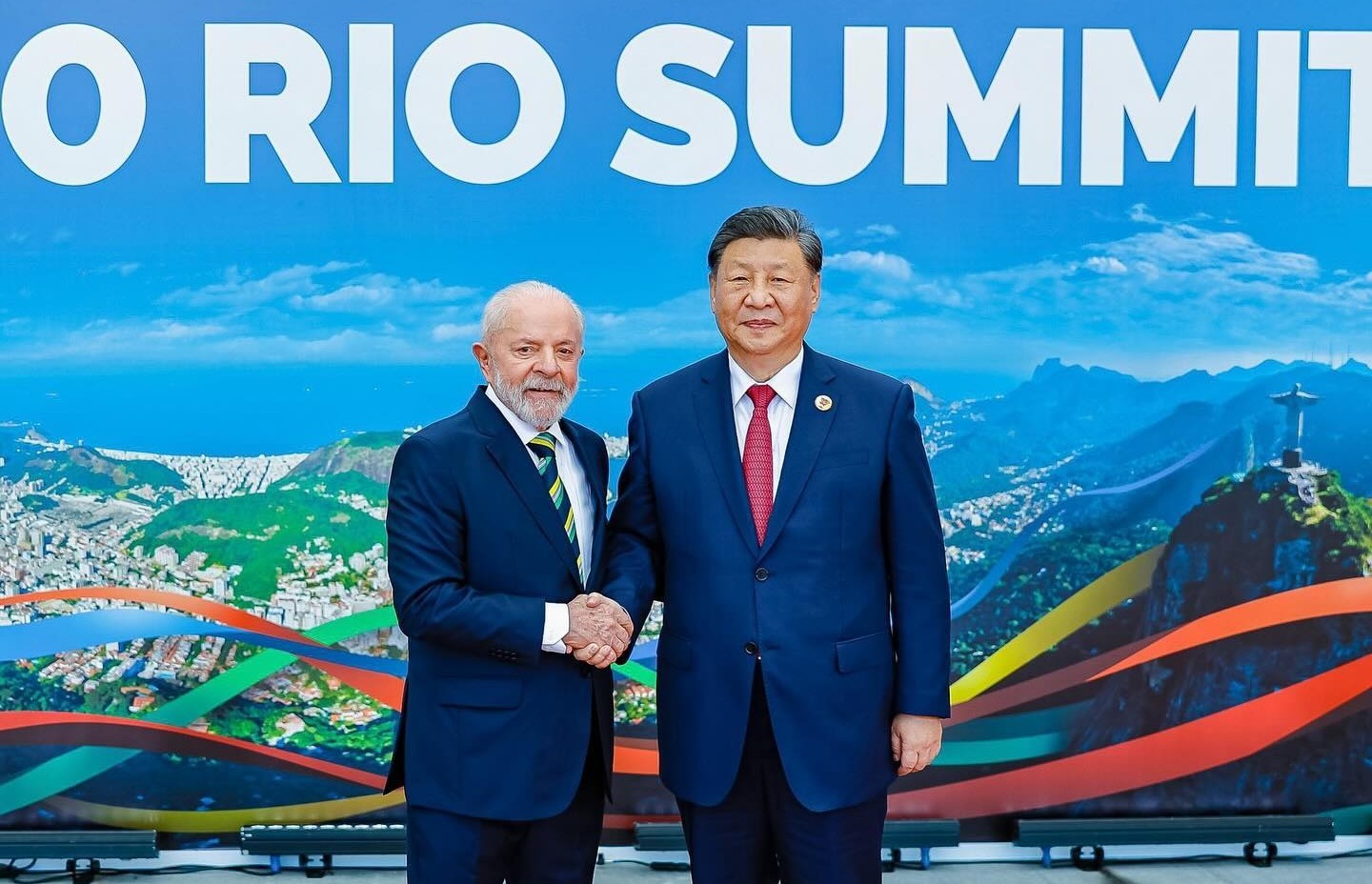The Inter-American Development Bank (IDB) officially joined the Global Alliance Against Hunger and Poverty, an initiative by Brazil's G20 Presidency to accelerate efforts to eradicate hunger and poverty while reducing inequality worldwide.
"The IDB is proud to join the Global Alliance Against Hunger and Poverty. We are fully committed to its mission and goals. With Brazil's leadership, the support of multilateral banks and international partners, we will have the structure, resources, and expertise to transform our commitments into concrete actions with lasting impact," said IDB President Ilan Goldfajn. "Together, we have the power to make real advances in the fight against poverty and hunger in Latin America and the Caribbean and beyond," he concluded.
The IDB announced that it will allocate up to $25 billion in financing to its member countries to support the implementation of policies and programs covered by the Alliance. These initiatives will be led and managed by the countries to accelerate progress against poverty and hunger between 2025 and 2030.
As part of the commitment, the IDB will ensure that 50% newly approved projects will directly benefit the poor, especially women, Afro-descents, and indigenous populations - those most affected by poverty.. At IDB Lab, 60% of newly approved projects will directly benefit poor and vulnerable populations
The IDB also aims to serve as a key financing arm to the Alliance. By pursuing the reallocation of Special Drawing Rights (SDRs) from the International Monetary Fund as a hybrid financing mechanism to multilateral development banks, developed jointly with the African Development Bank, the IDB will be able to make more financing available to countries to implement policies under the Alliance framework.
This new use of SDRs, approved by the IMF's Board, will allow the IDB to significantly scale up its financing. For example, for every $1 billion equivalent of SDRs channeled through the IDB, the organization could generate about $7 billion in additional financing. This, for example, could mean:
- 4 million families in extreme poverty receiving cash transfers, improving their income and food security;
- 1.3 million mothers and children receiving essential maternal, neonatal, and child care and nutrition interventions;
- 2.1 million families in poverty accessing parenting support programs;
- 10 million children receiving school meals; and
- 600 thousand smallholder farmers receiving climate-smart agricultural technologies, improving their productivity and food security.
Additionally, the IDB could provide up to $200 million in non-reimbursable technical assistance to its member countries to design, implement, evaluate, improve, and scale priority policies and programs under the Alliance framework. This includes, among other interventions, social protection programs to benefit children and families, access to water and other basic infrastructure, investments in early childhood development and in quality education, health and nutrition services, expansion of school meal programs, support for small farmers.
Finally, the IDB also committed to working with Brazil on a mid-term review of the progress of the Alliance.
IDB
https://www.iadb.org/en/news/idb-commits-25-billion-under-global-alliance-against-hunger-and-poverty





